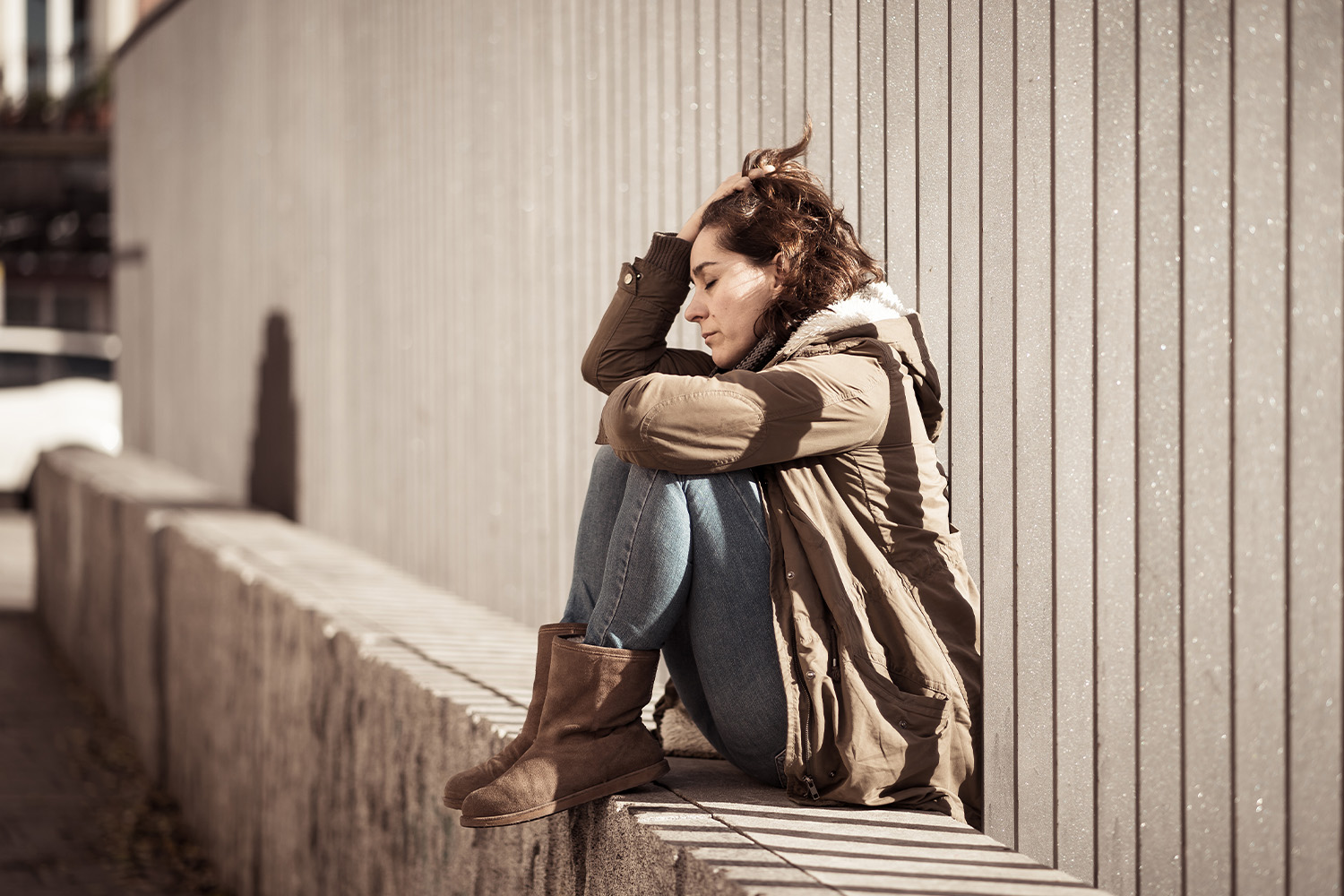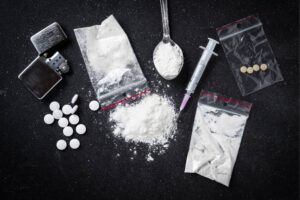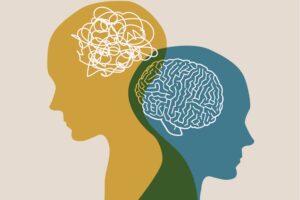Substance abuse is a debilitating condition that impacts all facets of a person’s life. People who struggle with addiction often have difficulty maintaining relationships and keeping up with their responsibilities. Substance abuse can deter your life and make it difficult to get back on track.
If you suspect that a loved one is using substances, there are signs that you can look out for that might give you a better understanding of what’s going on. It can be difficult to ask if someone is struggling with addiction, but showing support and offering your help can make all the difference.
To learn more about the different signs and symptoms of substance abuse, continue reading on!
Understanding Addiction
Addiction is not a choice. It can happen to anyone, but many factors can heighten your chances of developing an addiction. Drug addiction does not steer clear of any type of person. Drug and alcohol abuse affects people of all socioeconomic backgrounds.
People begin using substances for many different reasons. Whether they start using recreationally or prescription drugs, addiction can develop and can impact their entire life. You first build tolerances, then develop dependencies, patterns begin to form, and without noticing, you have become addicted to a substance.
Quitting substances and trying to become sober is not easy. Often, people who struggle with addiction need to seek out professional help to enter into recovery. This is where rehabilitation facilities come into play. They offer a variety of treatments for addiction so that every person there can find a treatment plan that is right for them.
Brain Chemistry and Addiction
When a person abuses drugs, they can change the chemistry of their brain and make themselves reliant on the drugs. The absence of the drugs can send out an alert to the body that something is wrong.
People can start to experience withdrawal symptoms without substances in their system because it feels like they are missing a part of themselves. The brain of an addict begins to rely on the effects that the substance has on them; without it, they feel they cannot properly function due to excessive cravings for substances.
Why Does Someone Use Substances?
Substance use disorder can happen to anyone. Addiction does not discriminate, but many factors can impact why certain people become addicted to substances. Someone might start recreationally and then end up becoming dependent. You might get prescribed pain medication and then find yourself unable to function without a pill.
Additionally, many people use substances as a way to escape. People struggling with mental illness, family stressors, social pressure, or toxic environments are more likely to seek out substances to self-medicate. Many people do not want to be using drugs or alcohol to feel better, but it might be the easiest way for them to feel like they are.
Biology and Genetics
Some people are more likely to become addicts due to their genetics. People with family members who struggle with substance abuse are also more likely to suffer from it. If you know that addiction seems to run in your family, it is in your best interest to steer clear of drugs and alcohol.
Environmental Influences
How a person is brought up and what situations they find themselves in can impact whether a person develops addiction or not. If you are raised around people who struggle with addiction or who have drugs and alcohol in the house, it is easier to fall into a similar lifestyle.
As much as many people hate to admit it, who you surround yourself with can impact your addiction journey. If you are around people dangerously using substances, it can be difficult to take yourself out of those situations. People who are exposed to drugs and alcohol at an early age tend to use it as well in the future,
Substance Abuse Signs and Symptoms
There are a variety of different substances that can be abused. Not everyone has the same addictions or experiences substance abuse the same way, but there can be some clear signs that addiction might be present. When someone is struggling with substance abuse, they will usually display physical, behavioral, and psychological symptoms.
While the following lists are not exhaustive, there are some symptoms that people with addiction develop across the board.
Physical Signs of Drug and Alcohol Abuse
When someone is struggling with substance abuse, they experience various physical symptoms. Their health and physical appearance can change significantly and rapidly over short periods, and they might look ill, exhausted, or strung out. You might notice a person experiencing extreme and sudden weight loss, poor hygiene, and erratic sleep patterns.
People using substances may also have poor coordination and might experience a decline in their mobility or control of their movements. You might see them stumbling, falling over, or unable to keep their bodies upright. In addition, hyperactivity is an indicator of the use of stimulants.
People struggling with addiction might slur their words, have red or bloodshot eyes, or experience dry, irritated, or scabbed skin. Many people will feel uncomfortable in their own skin but cannot stop using and get drug-free on their own. Even when sobriety is the best choice, it is not the easiest choice.
Behavioral Signs of Drug Use
People using drugs and alcohol will likely be more irritated than usual, especially when they cannot access their substances. Irritability, aggression, and mood swings might impact someone with an addiction.
Someone with substance abuse will also experience exhaustion, lethargy, lack of motivation, and dramatic changes in behavior. Lethargy is particularly common in users of sedatives, such as Valium or Xanax.
In addition, drug users might experience mood swings where they appear extremely depressed when unable to use and euphoria when they gain access to their substances. In extreme cases, they may experience blackouts due to withdrawals.
Additionally, someone might begin to stop showing up for their responsibilities, such as work, school, or in their own home. They might stop talking with their group of friends or family or begin hanging out in new places with new people. They may also show signs of financial problems and behavioral changes related to money, such as impulsive spending.
The more dangerous behaviors a person exhibits, the more likely they have gotten themselves into something too much for them to truly handle.
Psychological Symptoms
Using drugs and alcohol can lead to changes in your psyche as well. People may begin to experience intense mood swings and develop other mental illnesses, such as depression and anxiety. Someone using may appear anxious or paranoid without real reason, showcasing erratic behavior that can lead to danger.
Some drugs, particularly hallucinogens like LSD, can even lead a person to experience hallucinations and delusions. These symptoms can harm an individual as they put themselves in dangerous locations or begin to question their reality.
Asking for help when unsure of what is happening is almost impossible. Where do you even start if you don’t understand how you ended up somewhere? It is also extremely scary to open up about your struggles when you are constantly doubting yourself and believing you don’t deserve to get help.
How Can You Help?
Keeping an eye out for all of your loved ones is an impossible task. However, if you notice that something is seemingly off with someone’s behavior or health, the first thing you’ll want to do is help. Asking if someone is okay can be off-putting to someone who is scared to disappoint people with their addiction.
Instead of telling a person you know that they have substance abuse, start by offering any support necessary to get them healthy. Let your loved one know that you love them and want the best for them, no matter what stands in the way.
Knowing that there is a support system behind you is extremely beneficial for someone trying to enter into recovery from substance abuse. Offering to take someone to and from meetings, take care of household tasks while someone is away at an inpatient program, or bring over some warm and comforting meals is a great place to start.
Seeking Treatment
Addiction is a mental health disorder. When left unchecked, and can wreak havoc on a person’s behavioral health. That’s why getting help from a mental health professional is so essential.
Seeking out a treatment program will be the best option for someone struggling with addiction. It is often very difficult to recover from addiction without the help of a medical professional specializing in addiction treatment. Withdrawals can be deadly if they aren’t properly treated, and there is a high risk of relapse when you try to detox on your own.
At Soba Recovery Center in San Antonio, Texas, you don’t have to be alone throughout your recovery process. From detoxification programs to outpatient treatment services, we have it all. Not only do we come up with a personalized treatment plan for you, but we work with you to ensure you get the most out of your treatment.
Reach out to a Soba representative today and learn more about the treatment options available. You or a loved one could be getting help sooner than you think, so don’t hesitate to reach out.
Sources:
Understanding Drug Use and Addiction DrugFacts | National Institute on Drug Abuse (NIDA)
Warning Signs of Substance and Alcohol Use Disorder | Indian Health Service
Warning Signs of Drug Abuse | Tennessee Department of Mental Health and Substance Abuse Services





